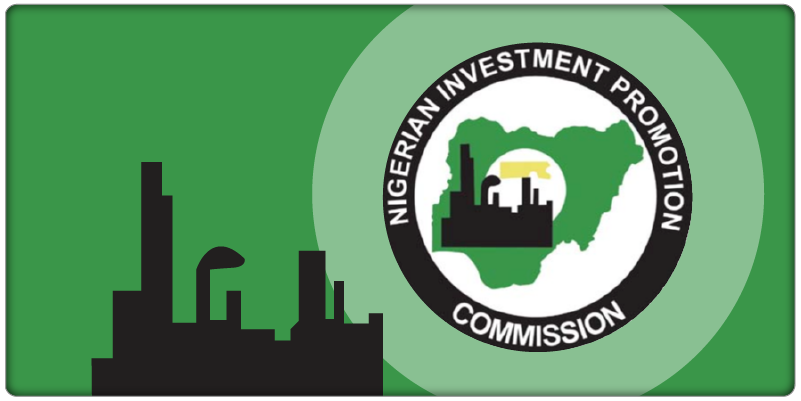The Nigerian Investment Promotion Commission (NIPC) has released Nigeria’s third quarter investment figures with the manufacturing sector sustaining an all-year-round highest investment option at 42% in the 2021 Q3. The NIPC had announced that it tracked $8.99 billion investment announcements in the third quarter of 2021. The top sectors were manufacturing (42%), electricity, gas, steam and air conditioning supply (25%), information and communications (23%) and transportation (7%). Domestic investors were the most active during the period accounting for 47% of the announcements, followed by announcements from South Korea (22%), South Africa (16%), and the Kingdom of Spain (6%). In the first quarter of 2021, the investment announcement was $8.41 billion with the manufacturing sector attracting 60 percent, reflecting the gradual return of investors’ confidence after the COVID-induced decline.
By sector, manufacturing received the largest investment accounting for 60 percent at $5.08 billion, followed by construction at $2.90 billion (34 percent), electricity at $0.26 billion (3 percent), agriculture $0.11 billion (1 percent), and others at $0.07 billion (1 percent). Domestic investors accounted for 35 percent of the announcements at $2.95 billion. Other sources were Morocco $1.40 billion, United Kingdom $0.24 billion, and United States $0.08 billion. According to NIPC second quarter report, a total investment announcement of $1.69 billion was made in Q2 2021. In the sectoral ranking, the manufacturing sector received the highest announcement with $821.4 million making up 49 percent of announcements.
In the Q3 report, a total of 33 projects were tracked across 8 States during the period. The month of August was the most active during the quarter, accounting for 64% of the total announcements. The top 10 announcements accounted for 96% of the volume tracked. Compared to Q3 2020, there is a marked improvement in the level of confidence in the investing community post COVID-19. In the period covered by the Report, Lagos State received the largest share of the announcements with 20 projects accounting for 81% ($7.29 billion) of the total in manufacturing, information and communications, finance and insurance, human health and social services, and electricity. Rivers State recorded $300 million worth of announcements in manufacturing and transportation, and Oyo State had $231 million announced in electricity and trade (e-commerce). The 4 States accounted for 87% of the total investments.
The Nigerian manufacturing sector is dominated by the production of cement and building materials, food and beverages, tobacco, chemicals and fertilisers, wood, and textiles. Out of all only 3 sub-sectors (food & beverage, cement, and textile) account for 77% of manufacturing output generating the greatest value. Also, breweries and flour mills contribute well in the manufacturing sector. The sector has been performing well in recent years as compared to previous years. The incentives by the government are also beginning to encourage greater interest, to encourage more output in manufacturing sector the government has been making it cheaper for consumers to purchase locally manufactured goods, making the foreign alternatives prohibitively expensive or totally unavailable through import bans, facilitation of cheaper funding, discriminatory foreign exchange policies, and so on. One of the biggest challenges facing the sector is that of power supply where most firms rely on “emergency” power generators to run seamless operations eventually adding to costs. The country’s physical infrastructural deficiencies are also a major constraint, difficult access to credit, and the cost of imported raw materials and skilled labour being the additional challenges.

